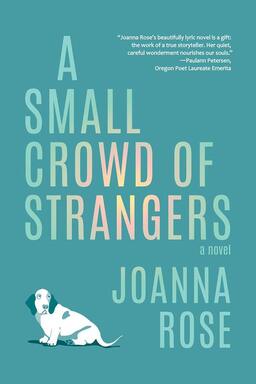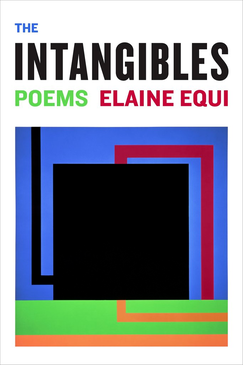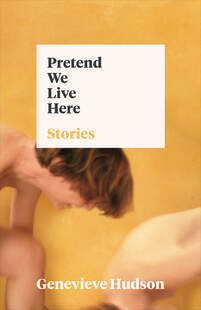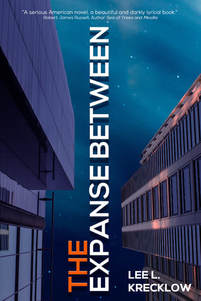What do you do when your long-term boyfriend’s dad might be dying? Well, you get married quick so he can make it, of course. You were already headed in that direction—I mean, you’re practically living together as it is. What harm could it do? He’s a nice guy, he just has a few quirks, but nothing you can’t handle. I’m sure the Catholic thing won’t come up much.
Joanna Rose’s novel, A Small Crowd of Strangers, asks and answers the age-old question: “What happens if I marry the wrong person?” Rose paints a quaint life for Pattianne Anthony—a small town librarian with a casual sex life, a smoking habit, and a family that communicates with a series of unspoken words, if they communicate at all. All of that changes when she meets Michael Bryn, the choir boy who can do no wrong. Rose takes us on a spiritual journey with Pattianne as we begin to see that sometimes religion and identity can become one and the same.
0 Comments
The word “intangible” means “unable to be touched or grasped; not having physical presence.” Elaine Equi’s newest collection of poetry, The Intangibles, is an ode to writers and writing itself, that thing which cannot be grasped but is full of life and creativity and which all writers try to bend to their will, or else let themselves be consumed. Infusing her respect for past writers and the writerly craft, Equi’s simple, well-crafted prose brings the reader on a historical and literary journey, where the influence of and appreciation for past poets enhance the depth of her work.
Genevieve Hudson captures the comfortable in the uncomfortable. Her collection of short stories, Pretend We Live Here, centers on characters looking for home in places, in people, in their own bodies. No matter where her characters roam, readers are confronted with the violence inherent to existence through her sharp-edged but haunting, sometimes even joyful, prose.
The woman running for her life from a man in a park. The girl who passes out at a party after a tainted drink. These are familiar stories we’ve been exposed to time and time again in the media. In fact, they’re so common they border on cliché. We’re under the impression there is nothing left to say, but there’s still, for a lack of words, fresh blood in these stories.
Jacqueline Doyle’s debut chapbook The Missing Girl features a collection of stories about the threats women face. From rape to questionable encounters, Doyle’s genius is that through her flash fiction pieces, she relies on our societal knowledge to fill in the blanks of her finely drawn bits of terror; and through them reminds us that for women nothing and nowhere is safe.
In Lee L. Krecklow’s debut novel The Expanse Between, he delivers a page-turner that will leave most readers unsure of what they would do by the end. It does an interesting job of introducing a commentary on the growing Internet, screen-obsessed culture. It takes place sometime in the mid-2000’s before this craze had really taken off, and in doing so shows that perhaps the human condition always had the impulses that the technology of today is making easier to appease.
|
Archives
July 2024
Categories
All
|
|
Glassworks is a publication of Rowan University's Master of Arts in Writing 260 Victoria Street • Glassboro, New Jersey 08028 [email protected] |
All Content on this Site (c) 2024 Glassworks
|






 RSS Feed
RSS Feed
